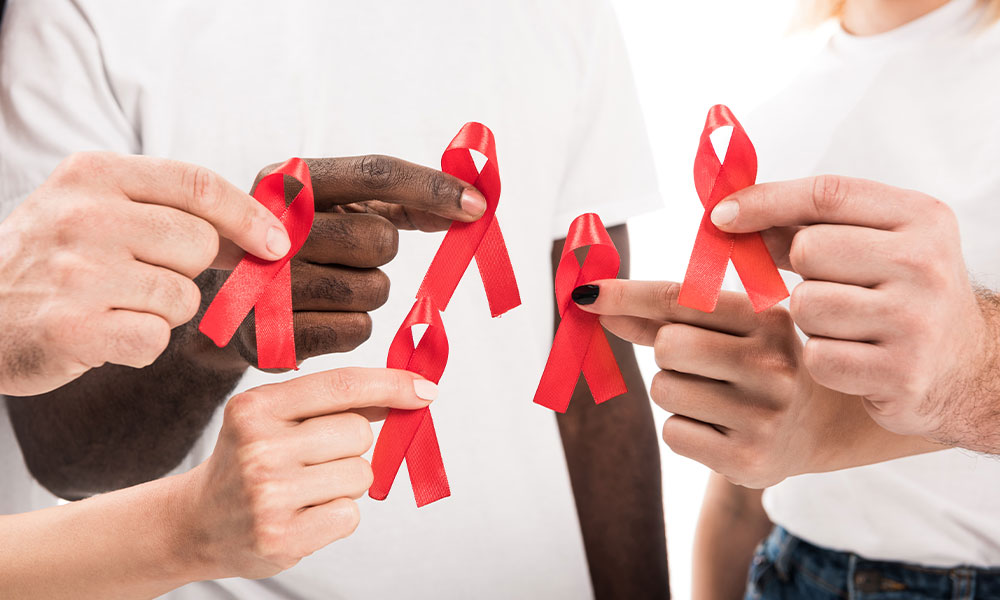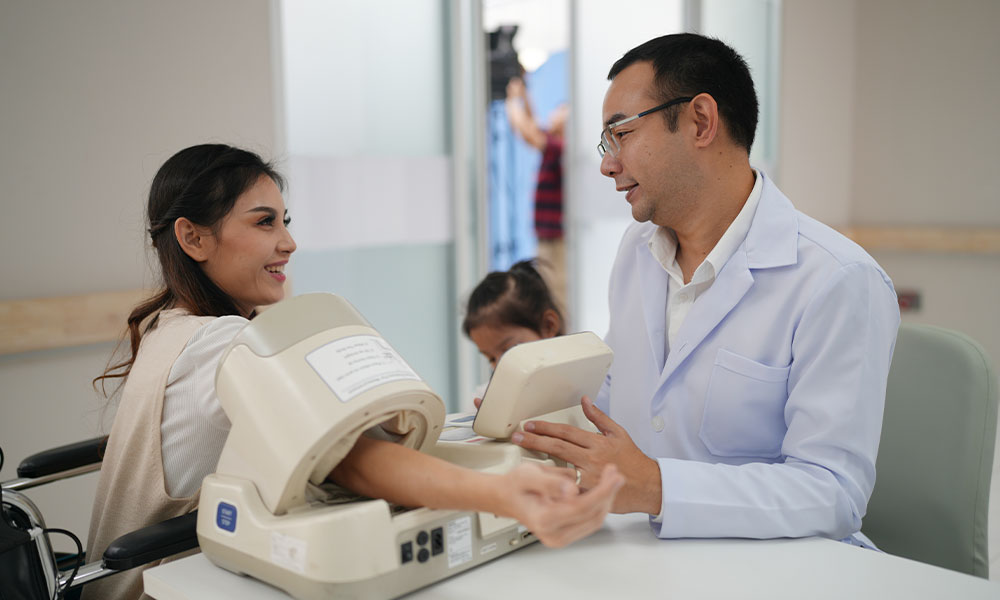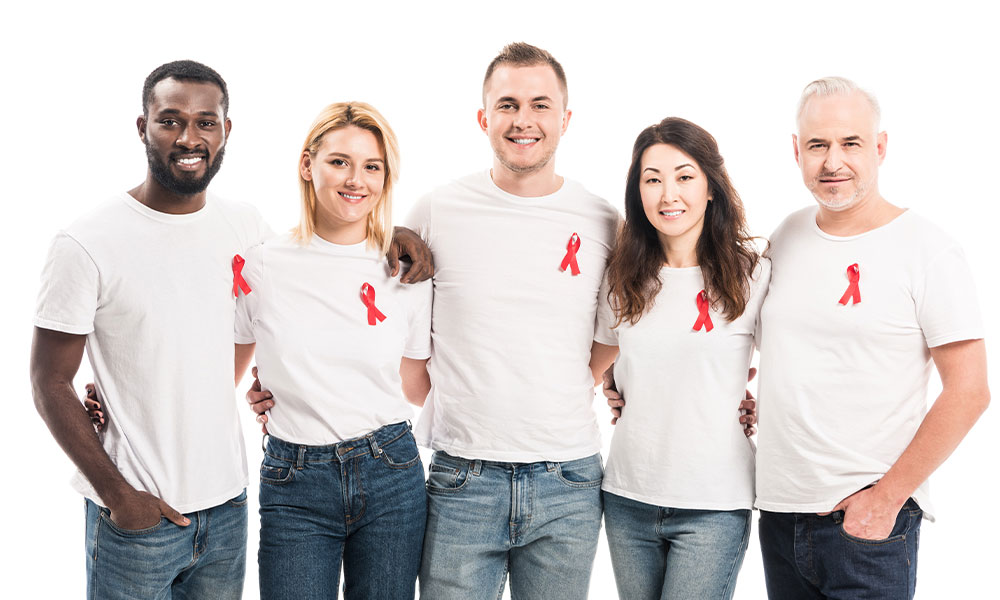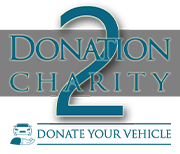Top 10 Lifestyle Changes for People with HIV

Living with HIV can bring about numerous challenges, but with the right lifestyle changes, individuals can lead healthy, fulfilling lives. These changes are not just about managing the virus; they’re about enhancing overall well-being and improving quality of life. Here are the top 10 lifestyle changes for people living with HIV that are both actionable and sustainable.
1. Adhere to Your Antiretroviral Therapy (ART)
The cornerstone of managing HIV is adherence to antiretroviral therapy (ART). Consistently taking your medications as prescribed helps keep the virus under control, reduces the risk of transmission, and prevents the progression to AIDS. Set reminders, use pill organizers, or employ digital tools to ensure you never miss a dose.
2. Maintain a Balanced Diet
A balanced diet is crucial for everyone, but it’s especially important for people living with HIV. Proper nutrition helps strengthen the immune system, maintain energy levels, and combat side effects of medications. Focus on consuming a variety of fruits, vegetables, lean proteins, whole grains, and healthy fats. Stay hydrated and limit processed foods, sugary drinks, and excessive alcohol.
3. Regular Exercise
Physical activity offers numerous benefits, including boosting the immune system, reducing stress, and improving mental health. Aim for at least 150 minutes of moderate-intensity exercise per week, such as walking, swimming, or cycling. Incorporate strength training exercises twice a week to build muscle mass and support overall health.

4. Prioritize Mental Health
Living with HIV can be emotionally taxing. Prioritizing mental health is essential for overall well-being. Seek support from mental health professionals, join support groups, or talk to friends and family about your experiences. Practice stress-reducing activities such as meditation, mindfulness, or yoga to maintain a positive mental outlook.
5. Get Regular Medical Check-Ups
Routine medical check-ups are vital for monitoring HIV progression and overall health. Regular visits to your healthcare provider ensure that any health issues are detected early and managed appropriately. Stay up to date with vaccinations, screenings, and preventive care.
6. Avoid Smoking and Substance Abuse
Smoking and substance abuse can weaken the immune system and exacerbate health problems, making it harder to manage HIV effectively. If you smoke, seek resources to help you quit. Avoid recreational drugs and limit alcohol consumption. If you need help, consider counseling or support groups.

7. Practice Safe Sex
Practicing safe sex is crucial to prevent the transmission of HIV and other sexually transmitted infections (STIs). Use condoms consistently and correctly and consider discussing pre-exposure prophylaxis (PrEP) with partners who are HIV-negative. Regular STI screenings are also important for maintaining sexual health.
8. Build a Support Network
Having a strong support network can significantly impact your quality of life. Surround yourself with understanding and supportive friends, family members, and partners. Joining support groups, whether in-person or online, can provide valuable emotional support and practical advice from others living with HIV.
9. Stay Educated
Stay informed about HIV and its management. Knowledge empowers you to make informed decisions about your health. Keep up with the latest research, treatment options, and best practices for living with HIV. Attend workshops, webinars, and read reputable sources to stay updated.
10. Embrace a Positive Outlook
Maintaining a positive outlook can make a significant difference in your overall well-being. Focus on what you can control, celebrate small victories, and practice gratitude. Engage in activities that bring you joy and fulfillment. A positive attitude can enhance your resilience and improve your quality of life.

Conclusion
Living with HIV requires a multifaceted approach to health and well-being. By making these ten lifestyle changes, individuals can effectively manage their condition and lead vibrant, fulfilling lives. Adherence to ART, maintaining a balanced diet, regular exercise, prioritizing mental health, getting regular check-ups, avoiding smoking and substance abuse, practicing safe sex, building a support network, staying educated, and embracing a positive outlook are all critical components of living positively with HIV. Remember, your journey with HIV is unique, and finding what works best for you is key to thriving and living your best life.
Please consider donating your Car, Truck, SUV, Van, RV, or Boat to one of our Charities.
NOTE: Our Blogs have been fact-checked; however, we cannot guarantee 100% accuracy. If you find any incorrect information, please let us know in the comments and we will remove or edit inaccurate content. Thank you!




